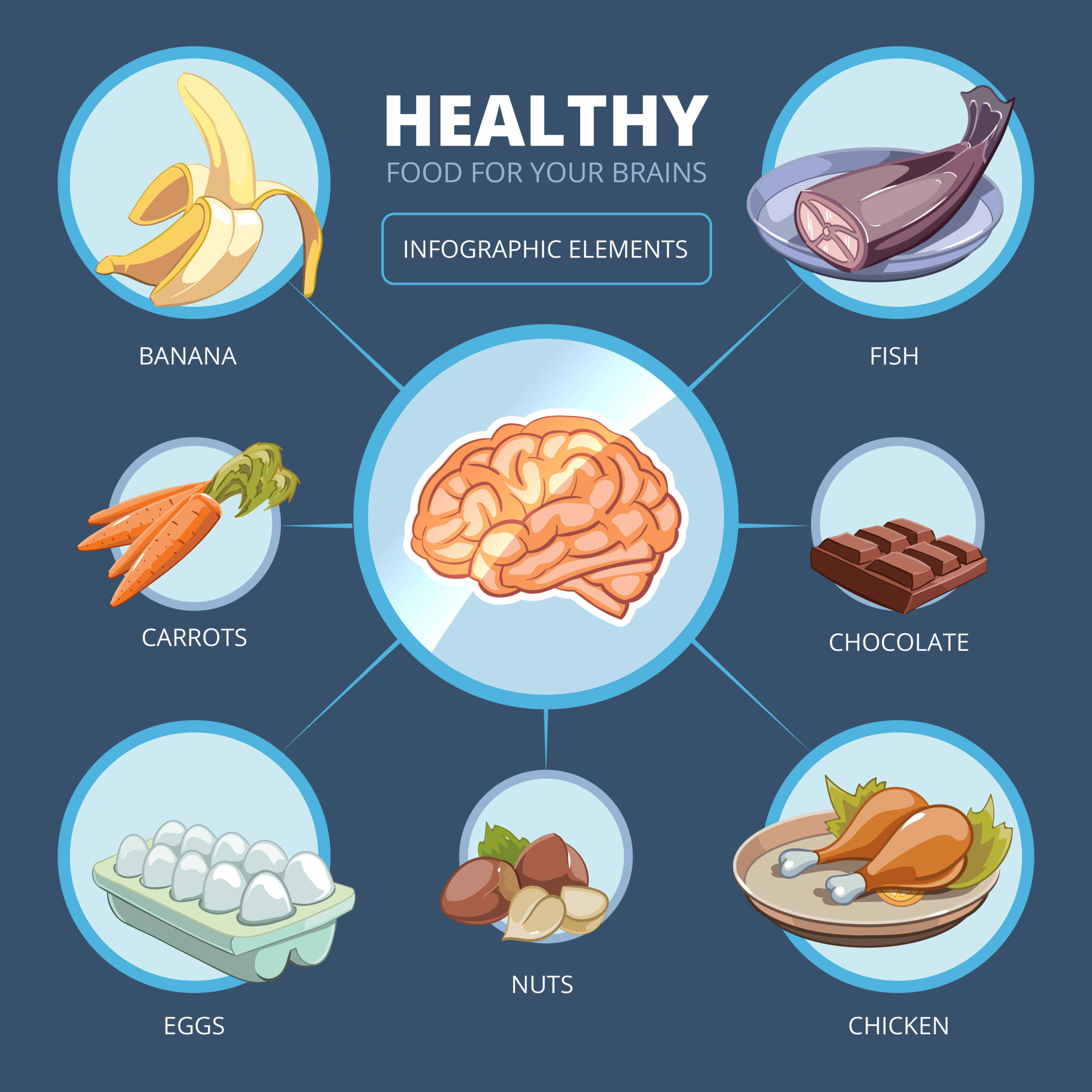The Importance of Nutrition and Brain Development
As fast as children whiz from the classroom to their after school activities, to home and back again, their brains are just as quickly changing and developing. Nutrition has been referred to as one of the single greatest environmental factors on babies in the womb, and it remains essential throughout infancy and the early years of child development. A proper balance of nutrients during the early stages of life is critical for brain development, promoting cognitive development long into our adult years.
According to Georgieff MK. Nutrition, head of the Department of Pediatrics and Child Development, University of Minnesota School of Medicine, Minneapolis, MN, “Shortages of nutrients such as iron and iodine can impair cognitive and motor development. Similarly, there is growing evidence that DHA, an essential fatty acid, is a key component of the intensive production of synapses that make the first years of life a critical period of learning and development. Many other nutrients—choline, folic acid, and zinc, to name just a few—have been linked specifically to early brain development and functioning.”
What we eat directly impacts how our brain functions and developments, not only during our early childhood years but long into the later stages of life. So what should we be eating to promote brain health and cognitive function?
The Role of Nutrition and Brain Development
The role of nutrition and its correlation to brain development is complex. The long term impact of nutrient shortages depends on the duration and extent of the shortage. Early nutrient shortages can reduce brain cell production. Later nutrient shortages can impact cell size and complexity. Nutrient deficits also impact the complex chemical processes of the brain and can lead to less efficient communication between brain cells. All nutrient shortages impact brain development and cognitive function.
Which Recipes Promote Healthy Brain Development?
The early years in your child’s life are critical for cognitive and neurological development. The foods your child eats are very important to their brain development, particularly during their early years of development. There are several foods that will help your kids stay focused while positively affecting how their brains develop.
– Eggs: Rich in protein, the nutrients found in eggs promote brain development, concentration, and mental focus in children. Additionally, egg yolks are one of the richest sources of the B-complex vitamin choline, which is associated with an improved neurological function.
– Greek Yogurt: Healthy fat is essential for brain development. A full-fat Greek yogurt has more protein than other yogurts and impacts communication between brain cells, promoting the ability for these cells to send and receive information. A fun food, you can even mix healthy granola and fruits to your yogurt to pack an extra punch of vitamins and minerals into each spoonful!
– Leafy Greens: Both spinach and kale are considered super foods packed with folate, vitamins, and antioxidants, which promotes the development of new brain cells. Leafy greens are also rich in vitamin-K, vitamin-C, vitamin-E and folic acid, all of which improve cognitive function.
– Fish: Full of vitamin D and omega-3’s, fish is a great nutrient rich brain food. Both vitamin D and omega-3 protect the brain from memory loss. Salmon, tuna, and sardines are all great sources of omega-3.
– Nuts and Seeds: Various nuts and seeds are packed with protein, fatty acids, vitamins, and minerals essential for brain development. Walnuts have a significantly high concentration of DHA, a type of omega-3 fatty acid that promotes cognitive development in children and prevents age-related cognitive decline during the later stages of life. Almonds, Brazilian nuts, and macadamia nuts are also full of brain boosting omega-3 vitamins.

Foods to Avoid
When in doubt avoid processed foods. Most processed, ‘fast foods’, pre-made, and boxed foods include polyunsaturated fats. Polyunsaturated fats can cause inflammatory responses in brain tissue, which results in brain cell damage. Foods with high polyunsaturated fats include sunflower, safflower, and corn oils. These oils are found in processed foods such as fries and other fried foods, salad dressings, and margarine.
Avoid excess amounts of processed sugars and monitor your child’s sugar intake. Eating excess amounts of sugar can lead to insulin resistance, which affects glucose levels in the blood. High glucose levels in the blood may be detrimental to the developing brain of young children. There is a delicate balance of the right kind of carbohydrates needed to maintain a balanced diet. Simple carbohydrates (i.e. cookies, cake, and candy) instantly turn to sugar in the body. Avoiding simple carbohydrates and focusing your nutrition on complex carbohydrates (i.e. brown rice) guarantees your body’s carbohydrates are in balance.
Consider food the fuel for your child’s brain. What you and your children eat directly impacts cognitive skills and brain development. To learn more about how you can improve cognitive function, contact the professionals at the Brain Workshop. We look forward to hearing from you!






